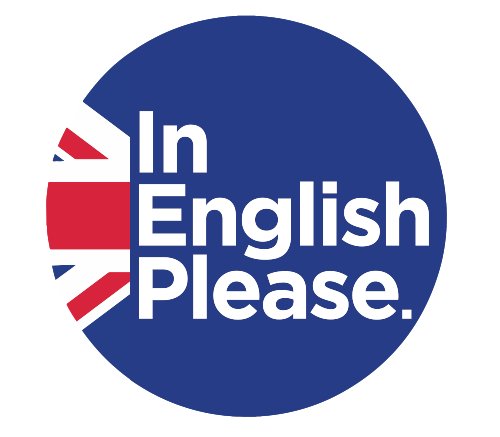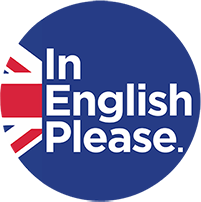What is what?

In English, there are 8 different types of speech – nouns, pronouns, verbs, adjectives, adverbs, prepositions, conjunctions, and interjections.
For word formation exercises, you only need to understand 4 of these – nouns, verbs, adjectives, and adverbs.
Let’s look briefly at what each type of speech is
Nouns
Nouns are names for most things. People, places, things, or ideas will all be nouns. Nouns often start with an article (the/a/an) but not always. Nouns can be singular or plural. Nouns can function in different ways in a sentence.
A noun could be used as a subject, direct object, indirect object, subject complement, or object of a preposition.
Here are some examples of nouns:
Boy, computer, happiness, enthusiasm, classes, boredom, temptation
In the exam, you’ll need to know how to create nouns by using prefixes and suffixes.
Verbs
A verb is… well, you already know what a verb is. So, what do you need to know about verbs?
It’s important to know all the verb forms of one root. For example, in the exam they may give you the word “sure” and you need to conjugate it.
From “sure”, we could have these verbs: ensure, assure, insure.
From there, maybe we will need to conjugate the verb. We could have: Assured, assuring, assures, or simply, assure.
Therefore, it’s important to know all the different verb forms, when to use -ing, when to use third person singular forms, and more. So when you learn a new verb, ask your teacher if there are any other similar verbs you should know.
Adjectives
An adjective modifies and helps describe a noun or pronoun.
Some word roots have multiple adjectives and it’s important to know which to use.
For example, if I watch a bad TV show, I will feel bored, because the TV show is boring.
In short, an adjective that describes how someone is feeling, will often us “-ed”, while if it produces that feeling, it will use “-ing” (i.e. Excited/Exciting). However, some adjectives only have one form in this sense, such as: happy, cold, reasonable.
However, we can still change some adjectives using prefixes and suffixes (see next section for more), such as: unhappy, unreasonable.
Adverbs
Adverbs are words that we use to describe other verbs. Most adverbs use the suffix -ly.
I can run. But how do I run? I run quickly? I run slowly? I run happily?
We can use adverbs in comparative sentences. For example, I run more quickly than you.
As you can see, the adverb stays the same!
Now it’s time for a quick test to ensure you know these different words. But rest assured, you’ll be finished in a few minutes!

